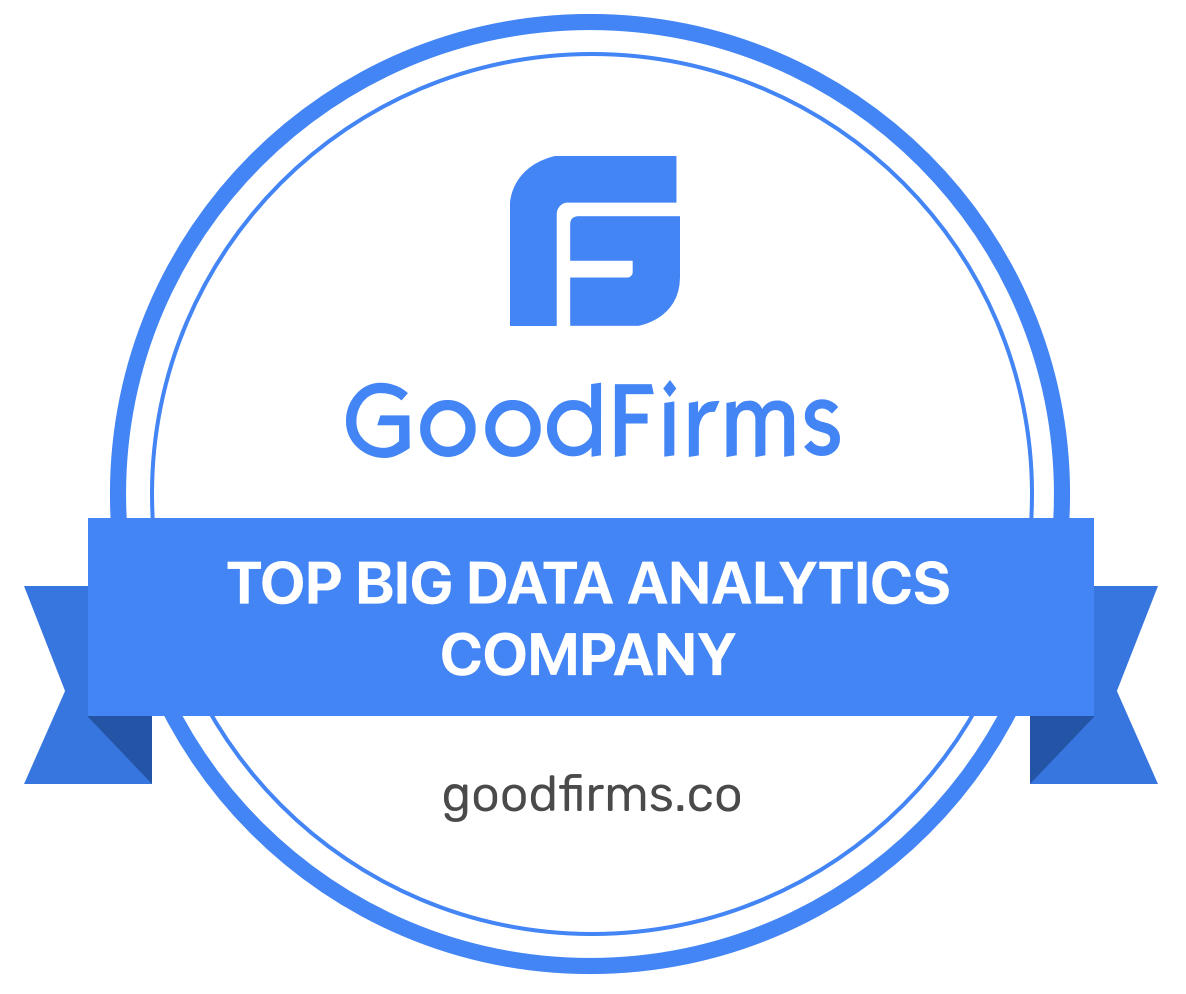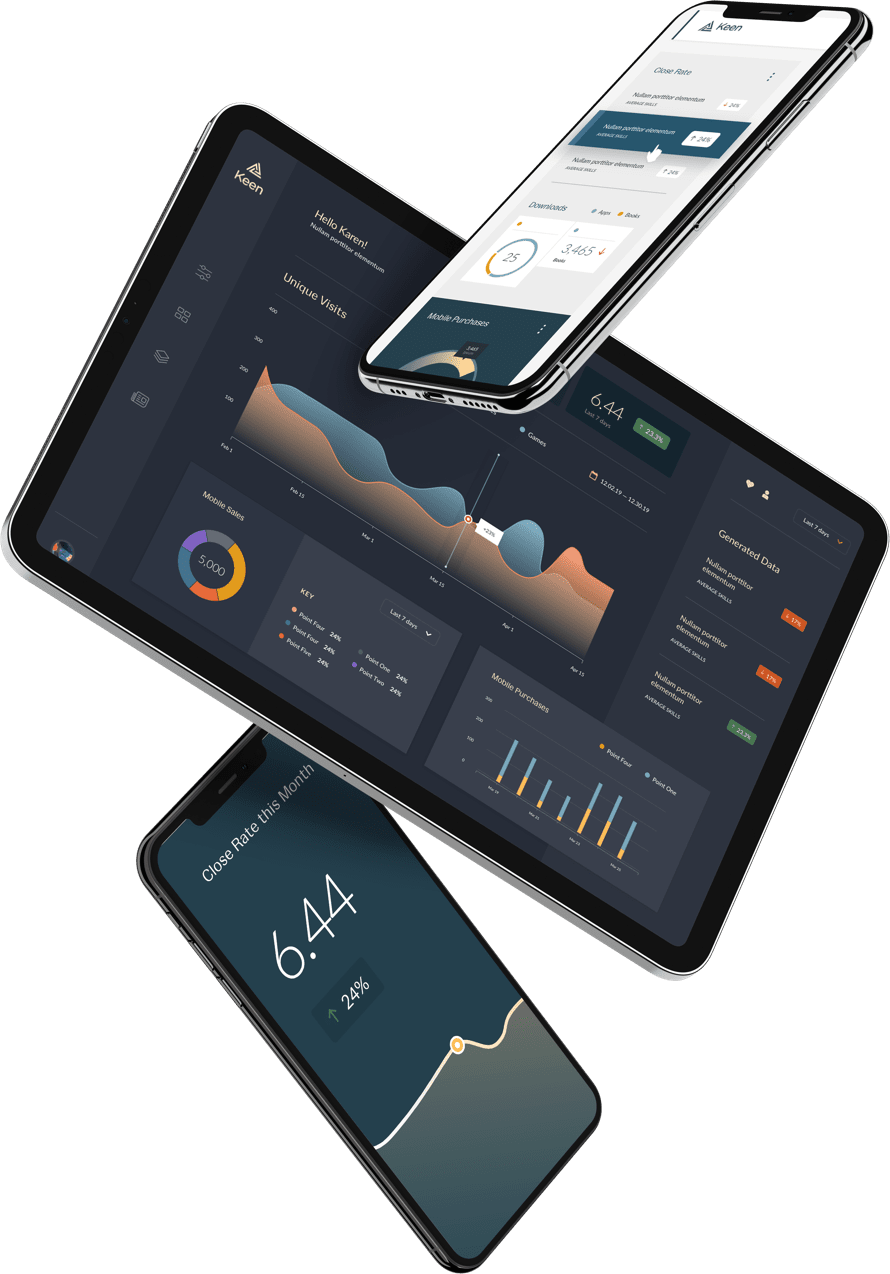
This article was originally published in March 2017 and has been updated.
Facebook, Google, Amazon, and Netflix have built their businesses on event data. They’ve invested hundreds of millions behind data scientists and engineers, all to help them get to a deep understanding and analysis of the actions their users or customers take, to inform decisions all across their businesses.
Other companies hoping to compete in a space where event data is crucial to their success must find a way to mirror the capabilities of the market leaders with far fewer resources. They’re starting to do that with an event streaming platforms like Keen IO.
What does “Event Data” mean?
Event data isn’t like its older counterpart, entity data, which describes objects and is stored in tables. Event data describes actions, and its structure allows many rich attributes to be recorded about the state of something at a particular point in time.
Every time someone loads a webpage, clicks an ad, pauses a song, updates a profile, or even takes a step into a retail location, their actions can be tracked and analyzed. These events span so many channels and so many types of interactions that they paint an extremely detailed picture of what captivates customers.

Event data is sufficiently unique that it demands a specialized approach, specialized architecture, and specialized access patterns.
In the early days of data analysis, it took huge teams of data scientists and specialized data engineers to process event data for companies the size of Walmart. Now, however, even a single developer can capture billions of detailed interactions and begin running queries in seconds, accessing the data programmatically and in real-time. This makes it possible to build intelligent apps and services that use insights from event data, to personalize the user experience, and display information dynamically.
One Major Challenge, but Many Rewards
A few industry giants have been able to build event data powerhouses because of the incredible access they have to talent. They hire expensive, specialized teams who build their own home-grown technology stacks. In many cases, companies like Facebook end up inventing their own distributed systems technologies to handle emergent data needs.
Most other companies lack this endless flow of resources. They can’t afford to build the infrastructure and acquire the headcount needed to maintain it. Even those that have the capital are struggling against a massive shortage of talent for roles in data infrastructure and data science. New candidates won’t materialize fast enough to build and support the world-class data capabilities every company wishes they had.
However, capturing event data is extremely important. It lets companies build a new class of products and experiences, and identify patterns that otherwise would be impossible to see. It also lets them build apps that perform far more advanced, programmatic analysis, and make real-time decisions on how to engage the user — suggesting the right product, showcasing the right content, and asking for the right actions.
Just as organizations migrated en masse from on-premise servers to cloud hosting and storage in the mid-2000s, many companies are starting to adopt event streaming platforms like Keen so they can compete in areas they couldn’t build in-house.
Keen IO: The Fully Managed Event Streaming Platform
We built Keen to let customers use our platform as the foundation for all of the powerful event data capabilities they want to build. By leaving the analytics infrastructure to Keen, any developer or company can wield the power of event data extremely well, without a specialized background in data engineering.
We help hundreds of customers crunch trillions of data points every day, gathering data with our APIs and storing it for them to analyze with programmatic queries to fuel any metrics or tools they need to build. Once they adopt Keen, customers report huge savings in engineering and analyst resources, far better accuracy in measuring crucial app and user analytics, and the ability to infuse real-time analytics into every part of their operations.
 Photo by Carlos Muza.
Photo by Carlos Muza.Event Data in Action
When companies build on event data, they can accelerate their businesses in ways that weren’t possible before.
- They anticipate what users will need and take the product in the right direction, by using event data to improve the user experience and test changes to the application or hardware.
- They show users extremely relevant content and demand higher ad revenue from top advertisers because of the engagement metrics they derive from event data.
- They provide deep reporting and quantify ROI for their customers — when SaaS products can provide reliable and accurate reporting, they deepen customer trust, engagement, and spend.
Can Event Data Bring a Richer Future?
The ability for companies to operate like they have Facebook’s data infrastructure is a game-changer. They can scale faster, make better decisions, and create smarter, helpful products people don’t even know they need yet. Event data will inevitably shape the way almost every company grows, and those who don’t embrace it will likely lose out to the ones who do.



